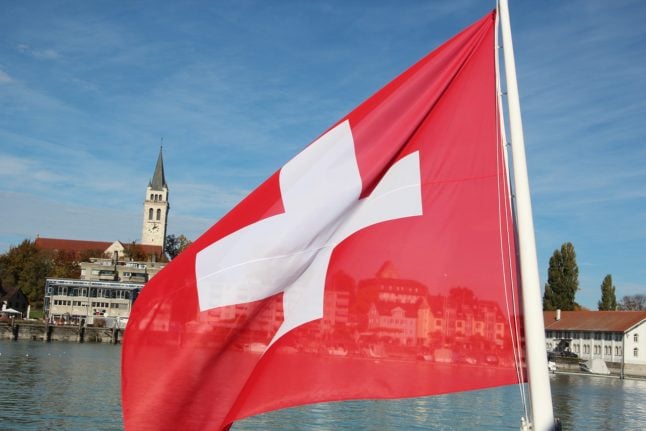Depending on the kind of permit you have, it may have to be renewed each year or only after five years of residency.
In either case, you should be aware of the deadlines and procedures for extension, but the process is fairly simple.
Typically, you will receive a letter from local authorities approximately six weeks before the deadline reminding you to renew. There will also be an application form that you will need to fill out.
It must be submitted to your commune of residence no earlier than three months and no later than two weeks prior to the expiration date.
You will need to present your residence permit and passport, which must remain valid for at least three months after the date of permit’s expiration.
The cost of renewal varies from one commune to another and is determined by the kind of permit you have.
READ MORE: What you need to know about getting a Swiss work permit
It all sounds pretty painless, but wait
In 2019, Switzerland enforced new rules making the granting of a permit, as well as its renewal, dependent on the applicant’s integration into Swiss society.
Among prerequisites for obtaining and retaining a permit is proficiency in the language of the region where the applicant lives, though people whose native tongues are German, French, or Italian are exempted from this rule.
Other requirements pertain to good behaviour and respect of law, order, and Switzerland’s values in general.
Those who don’t meet this criteria could have their permits revoked or not renewed.
What happens if you don’t renew your permit in time?
That would fall under the category of “bad luck”.
The authorities could take special circumstances, such as serious illness, debilitating accident, or another extreme situation into consideration and make an exception, but you shouldn’t count on that.
Basically, if you let your permit lapse, you will lose your right to live and work in Switzerland.
The best you could hope for is to remain here as a tourist for no longer than 90 days within any 180-day period.
READ MORE: EXPLAINED: Five things you need to do when you move to Switzerland



 Please whitelist us to continue reading.
Please whitelist us to continue reading.
Member comments